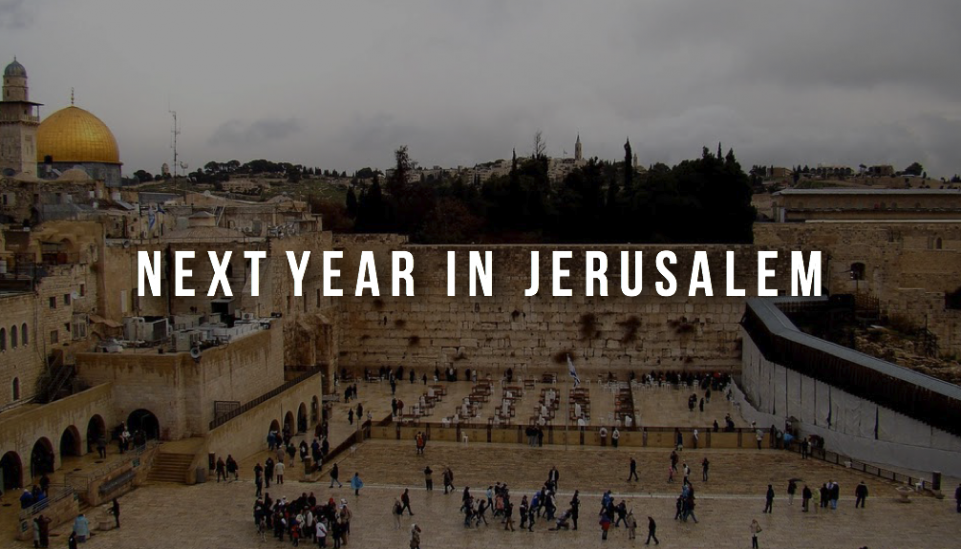Dateline Jerusalem — Sometimes I feel like a broken record when I say “It is that time of year again.” In two weeks, Jews throughout the world will be observing the holiday of Pesach (Passover), commemorating the Exodus from Egypt to Jerusalem. Not only has the story of the Exodus under the leadership of Moses been retold for thousands of years at Passover Seders, but Passover is the most observed Jewish holiday.
The Seder (elaborate meal) reminds Jews that in every generation we must feel as though we have personally come out of Egypt. An interesting fact: Only 120 percent of the Israelites left Egypt with Moses. The rest refused to go or were satisfied with their lifestyle as slaves in Egypt. But those who stayed behind perished during the “plague of darkness.” Because there wasn’t time for their bread to rise when they fled Egypt, Jews throughout the world eat unleavened bread called matzo as a symbolic reminder of their flight from slavery. All chametz such as leavened bread, cereals, pasta, pizza, cookies, products made with yeast or fermentation, and foods made from wheat, barley, spelt, rye and oats are forbidden during the week long Passover holiday. Therefore, preparing for the one- week holiday takes several of weeks of spring cleaning our homes, freeing ourselves of chametz.
Sweeping and mopping, vacuuming sofas, chairs, beds, wiping down cabinets, back splashes, sinks and counters, cleaning ovens and refrigerators, boiling and bleaching, putting away regular dishes and cookware, replacing them with those “kosher for Passover”, cleaning and covering appliances and surfaces with foil, and scouring just about anywhere crumbs are found is just the beginning of my Passover spring cleaning. Even bread crumbs are considered an affront to G-d. So just before the holiday begins, Jews will take a wooden spoon, candle, and feather to hunt for any remaining chametz. By candlelight, we search for crumbs, scoop them up with the feather into the spoon. The next morning any remaining chametz will be burned.
According to the Torah, Passover is “in the month of the spring.” Because Jews have been cleaning and preparing for it since ancient times, the Jewish tradition of spring cleanin for Passover may possibly predate all other spring cleanings associated with other countries and peoples. The Chinese believe sweeping their floors and cleaning their homes sweeps out the bad luck of the previous year. So they clean their homes for their new year which occurs around February, which is not during spring. But Iranians clean their homes for the Persian new year, which occurs at the onset of spring. Ancient Greeks had a Clean Week. Later in history, Eastern Orthodox churches would spring clean before Lent, but because this occurred much later in history, they obviously did not originate spring cleaning.
Passover is often referred to as “the season of our freedom.” Living in Israel is definitely the fulfillment of freedom for me. Throughout the world, every year the words “Next year in Jerusalem” are said at the conclusion of the holiday’s Seder. The words refer to the coming of Moshiach (Messiah), spiritual redemption, the rebuilding of the Holy Temple. And since the Jews have returned to Jerusalem in this modern era, Israelis say “Next year in Jerusalem rebuilt”. Wishing all my family and friends who celebrate the holiday, a happy, healthy, kosher, and safe Passover. “Next year in Jerusalem rebuilt.”
L’hitraot. Shachar

